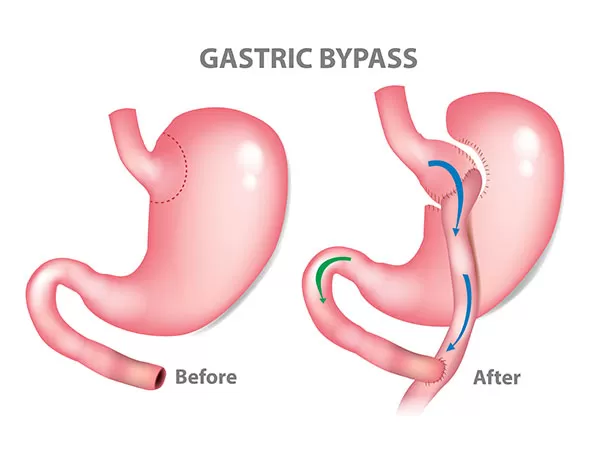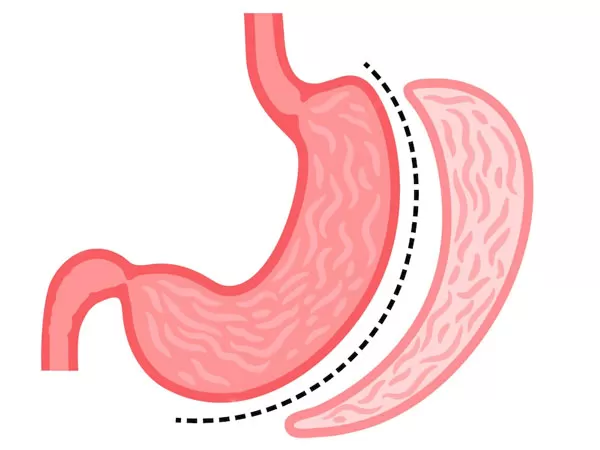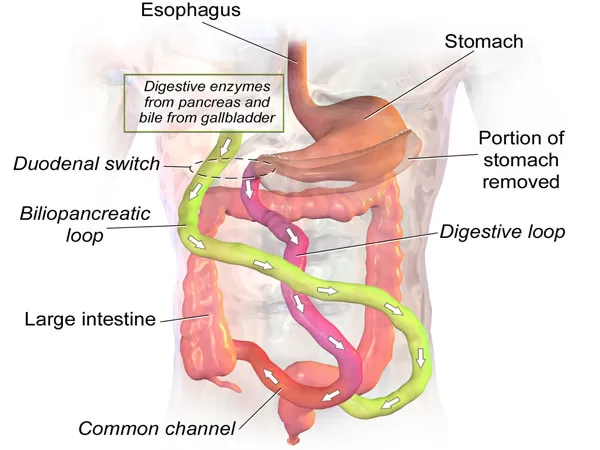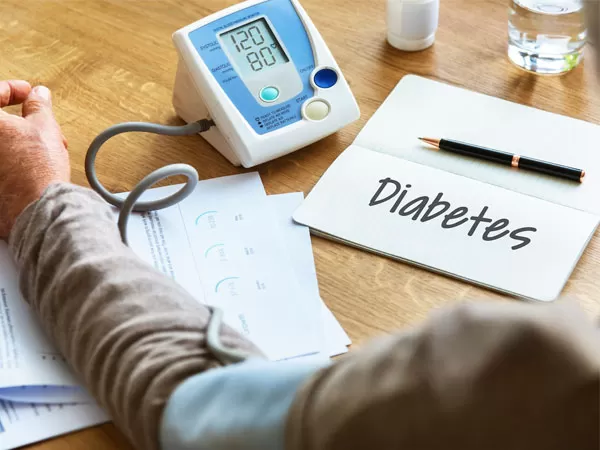Bariatric Surgery: Who Needs It and What to Expect
Bariatric surgery involves removing excess body fat through surgery. People typically go for this surgery when an individual has some risks and complications from excessive weight. People chose this method when other weight-shedding methods like lifestyle changes and medications show no results. This operation offers good weight loss, as well as reduced hunger, increased fullness, control of blood sugar, and improvements in diabetes. There are different types of bariatric surgery. Some of them include gastric bypass, gastric banding, sleeve gastrectomy, and duodenal switch.

Types of Bariatric Surgery:
Gastric bypass: Gastric bypass surgery involves stapling the stomach shut, which limits food intake and results in rapid weight loss. In addition to helping patients lose weight, this type of surgery also helps them keep it off for a long time. However, gastric bypass does not work for everyone and can have some serious side effects. In addition, the surgery can help patients suffering from diabetes, high blood pressure, sleep apnea, and other conditions. Patients who undergo gastric bypass surgery may lose anywhere between 20-80 pounds. However, some people have reported losing over 100 pounds.

Sleeve gastrectomy: Sleeve gastrectomy involves creating a small pouch at the top of the stomach that limits the amount of food that can enter. It is a type of surgery that reduces the size of your stomach through the removal of a large portion of your stomach. This causes the body to absorb fewer calories from food than normal, resulting in even greater weight loss. Patients who undergo this procedure experience significant weight loss but may still struggle to maintain their desired body weight.

Duodenal switch: Duodenal switch is a combination of both gastric bypass and sleeve gastrectomy. In this operation, the surgeon creates a smaller stomach pouch similar to a sleeve gastrectomy but then removes a large portion of the patient’s small intestine.

Who all needs bariatric surgery?
People who are overweight: A patient who is severely obese needs this type of surgery because dieting may not be enough to lose weight. The definition of obesity is having a body mass index (BMI) that is greater than 30 kg/m2. This means that someone who weighs 100kg has a BMI of 30. Obesity can cause many health problems including diabetes, heart disease, high blood pressure, stroke, sleep apnea, arthritis, cancer, breathing difficulties, depression, infertility, gallbladder disease, gout, osteoarthritis, varicose veins, and even early death.

People who have type 2 diabetes: Type 2 diabetesoccurs when your pancreas does not produce enough insulin or when cells do not respond to insulin properly. Insulin helps move glucose from your bloodstream into your cells where energy is needed. If you don’t make enough insulin or if your cells do not use insulin correctly, glucose stays in your blood instead of being used for energy. Over time, this leads to damage to your eyes, kidneys, nerves, and circulatory system.

People who have hypertension: Hypertension is high blood pressure. Hypertension increases your risk of heart attack, congestive heart failure, kidney disease, stroke, and other cardiovascular diseases.

The procedure of bariatric surgery: A step-by-step process.
Preoperative preparation:The patient should have a thorough history taken including past medical problems, current medications, allergies, and any surgical procedures that were previously performed. A physical examination should be done to determine if the patient has any contraindications to surgery. If the patient has diabetes mellitus, they should be treated preoperatively. They should also be evaluated for sleep apnea, hypertension, and hyperlipidemia.
Surgical procedure:This surgery is performed through either a laparoscopic or open approach. Laparoscopy is used for patients who are obese (body mass index greater than 35) and those who have had previous abdominal surgeries.
Postoperative care: It is a necessity to monitor patients closely after surgery. Until discharge, patients should be seen at least once per day. The following follow-up visits will take place after discharge: 1 week, 2 weeks, 4 weeks, 6 weeks, 8 weeks, 12 weeks, 16 weeks, 20 weeks, 24 weeks, 32 weeks, and 52 weeks.
The risks of bariatric surgery are many. What are they?
Bariatric surgery has many benefits but it does come with some risks. Patients need to make sure they are healthy enough before having this surgery. They should also know what their daily activities will be like after they recover from the surgery.
- Weight loss can lead to malnutrition, especially if the patient has lost a lot of weight. This is due to the fact that they have lost their ability to absorb vitamins and minerals from food.
- This surgery may cause vitamin deficiencies. Vitamin B12 and folic acid are two of the most common deficiencies after this surgery.
- There is a risk of developing diabetes after surgery.
- Patients who undergo this surgery should take supplements before and after the operation. These supplements include calcium, iron, zinc, magnesium, and vitamin D.
- After the surgery, patients need to eat small meals throughout the day. They should avoid eating large amounts at once.
- Patients should drink plenty of water after the procedure.
Things to consider after bariatric surgery: Recovery Process
After the surgery, patients will have to follow a special diet plan. They will eat less food than they used to eat. They will also need to limit how much fat they consume. People who undergo this surgery will need to take medications for the rest of their lives. These drugs will help control blood sugar levels and cholesterol.
Patients who have undergone surgery at his facility should follow a low-calorie diet. People who are overweight or obese usually follow this type of diet. After surgery, the patient had a significant reduction in body weight. Therefore, they need to consume fewer calories than before their operation.
A patient who has undergone this surgery should opt for a high-protein diet. Protein is an essential element that helps build muscles and bones. After the surgery, the patient may lose a lot of muscle mass. To compensate for this loss, he needs to eat foods rich in protein.
The best way to recover from any medical condition is to follow a balanced diet. This includes eating foods that contain both carbohydrates and fats. These two types of food can provide energy to your body while helping you maintain healthy blood sugar levels.
Cost of Bariatric Surgery in India
The cost of bariatric surgery includes the surgeon’s fee, anesthesia fees, preoperative tests, postoperative care, and any other related expenses. The average cost of bariatric surgery ranges from Rs. 1.5 lakhs to Rs. 2.0 lakhs. In some cases, it can even go beyond Rs. 5 lakhs. However, this does not include hospitalization costs. The total cost of this surgery includes initial consultation fees, preoperative tests, anesthesia, operating room charges, postoperative care, medications, follow-up visits, etc.
Cost of Bariatric Surgery in Delhi:
The cost of bariatric surgery varies depending on the hospital where the operation takes place. Some hospitals charge between Rs. 10-20 lakhs while others charge around Rs. 1 crore. The average cost of this surgery ranges from Rs. 2.5-4.0 Lakhs. (Source)
Bariatric Surgeon in India:
Many surgeons perform this surgery in India. They have different specializations and experience levels. Some specialize in only one type of this surgery while others offer both procedures. You have to do your research before making an appointment.
On the whole,
If you want to find out if bariatric surgery is right for you, talk to your doctor about it. He/she can tell you whether or not you are eligible for this type of surgery.





